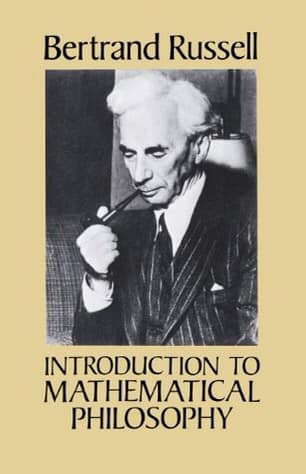TOO MUCH MATHEMATICAL RIGOR IN PHILOSOPHY
Many philosophers think that it is possible to reason in philosophy as in mathematics.
This is due to the big influence of the Euclidean model in the history of philosophy, strongly endorsed ante litteram by Plato, proposed by many Neoplatonist, as Proclo, Porphirius and Boetius. Dominant during scholastic philosophy. Proposed again by Descartes and rationalism in the XVII century, recently endorsed by analytic philosophers influenced by Russell.
Only mathematics works like mathematics!
In mathematics, only one counter example is sufficient to falsify a conjecture, all possible logical roads must be investigated, proofs are the basic instrument.
Modern science, from Galilei to Newton, showed that to understand the world, one has to abandon this mathematical rigor, even if mathematics is an essential cognitive instrument.
One counter example is only an anomaly, which will be explained in the future.
The most part of logical possibility are meaningless, because one faces reality with a big image in mind.
Proofs are only an help. What is important is a pragmatic and theoretical investigation of experimental data.
I think that philosophy must learn this lesson from science as well, and abandon at least partly the mathematical paradigm.
In a certain sense Hegel did for philosophy what Galileo did for science, that is to propose a completely new idea of rationality for philosophy, namely a not mathematical one.
This explains the enormous success of a book as the Phenomenology of the spirit.
But Hegel went too far. A bit of mathematical rigor is necessary, even if it is not enough and above all it must be used cum grano salis.







